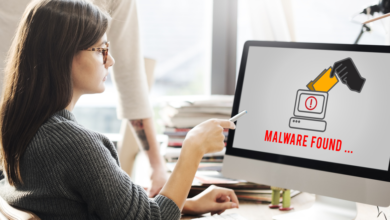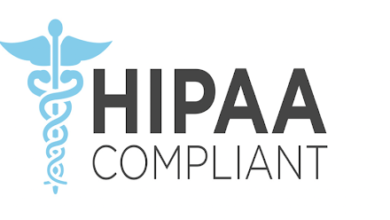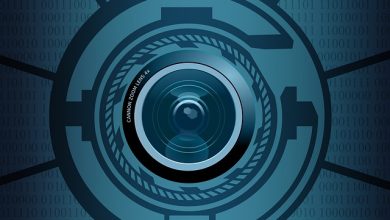Ways to Protect Your Data from Online Snoopers and ISPs

KEY TAKEAWAYS
In the old days of the internet, many countries consider privacy to be a generally respected concept. However, over the years and a few changes to rules and regulations here and there, the idea seems only exclusively reserved to those who put an extra premium on online protection. Thankfully, there are those who make it a point to share their knowledge on the subjec
t and spread awareness about digital privacy.
According to K Campbell, a security and intelligence professional at Blue Glacier, there are three main ways to protect your data online. First off, a password manager is necessary to ensure you are using strong passwords that have not been compromised (good password managers automatically check from a list of compromised websites and passwords). Two-factor authentication (2FA), on the other hand, sends a one-time login code to you via an app, a text on your phone, or another email account. Lastly, a virtual private network (VPN) encrypts your data in transit to protect it from snoopers and internet service providers (ISPs).
These are just some of the practical steps to take when it comes to protecting your valuable information on the internet. For you to truly grasp the concept, we have interviewed a few other experts in the field and asked for their suggestions on how you can safeguard your precious data online. Here are their tips:
From Harman Singh, Managing Consultant of Cyphere:
Create (Very) Strong Passwords
It goes without saying that credentials are the most lucrative prize for cybercriminals, so here are the specific tips around passwords:
- Learn how to create a strong passphrase. Then add modifiers and use these passphrases for multiple accounts. This ensures all passwords are different.
- Learn and use a password manager. It saves you from using the same passwords against multiple accounts, saves you from remembering passwords, and allowing bigger, complex, randomly generated passwords.
- Sharing is not always caring, so be careful with who you share your information.
Use Trusted Browser Plugins
Nasty browser plugins could lead to data thefts without even you know this is happening. Use secure browser plugins that would ensure your data is not compromised. Use plugins that are reputed and are commonly available where organizations such as EFF (Electronic Frontier Foundation). These include HTTPS everywhere, NoScript Security Suite, and Facebook Container.
Invest Time in Security Awareness
Everything is not down to using software and they will not protect all your information. Data management is at the heart of your privacy. To protect personal identifiable information (PII) from identity fraud, it is important you invest some time into learning secure ways of living your online life. Basic cybersecurity awareness would go a long way in your life.

From Daniel Markuson, Digital Privacy Expert at NordVPN:
Mind Your Cyber Hygiene
Always keep the basics of cyber hygiene by using unique and complex passwords to each online account and device (including your IoT devices, especially those that are able to record audio and video). Also, never browse online unprotected from eavesdropping, so it is best to simply use a VPN at all times.
Check the Health of Your Digital Identity
NordVPN just recently launched a new feature called a Dark Web Monitor. Users can turn on a feature for continuous dark web scanning and get alerts whenever a scanner finds data associated with the user. When it happens, the first thing one should do is to change those passwords.
Choose Your Social Media Apps Wisely
Do you really need Instagram, Facebook, TikTok, Twitter, and all other social media apps? These applications have access to your gallery, location, and contacts, meaning they collect and store your data, which might not always be that innocent.
From Tom Kirkham, Founder and Chief Executive Officer of IronTech Security:
Don’t Allow Cookies on Your Device
Cookies track your visits to websites and can potentially remember your login information. If possible, do not allow any cookies.
Log Out of Accounts Once You Are Done
When you’re done using a website, log out. This easy step could be what saves you from getting hacked.
Only Use Encrypted Websites
Make sure to check the website URL. Only use websites that use HTTPS and not HTTP.
Avoid Public Wi-Fi Networks
Public Wi-Fi networks are an easy way for snoopers and hackers to steal your information. Instead of connecting straight to the network, hackers and snoopers can easily position themselves between you and the connection point.
Be Cautious of Online Downloads
It is important to be cautious of online downloads. When downloading something off of the internet it is always possible that it is a malicious attachment containing malware.
Use on Endpoint Detection and Response
Endpoint Detection and Response (EDR) replaces today’s antivirus. Antivirus can only look out for threats it has been told to look out for when in reality, there are thousands of unknown threats like ransomware. EDR has the ability to detect and roll back those unknown threats leaving your machine in a clean state.





